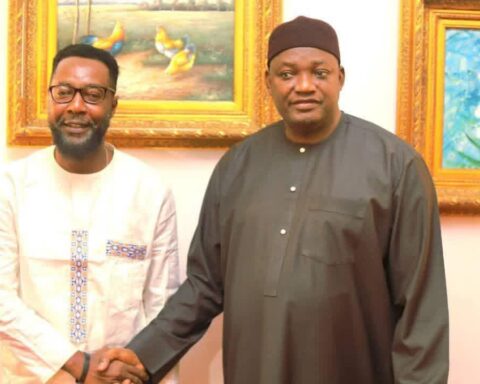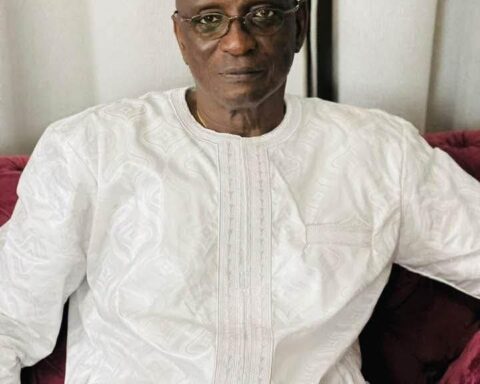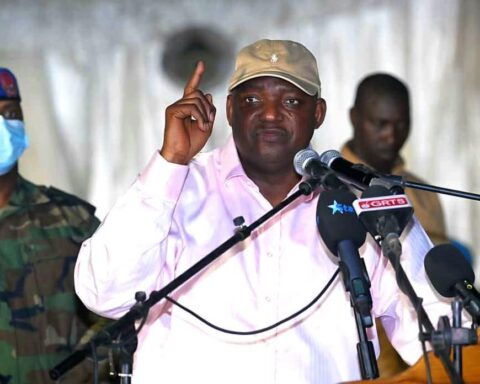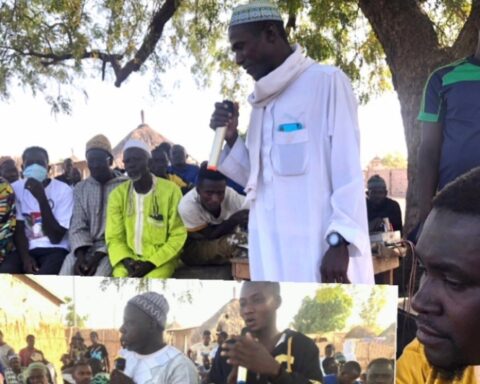Niamina, despite being home to some of the most loyal voters to any sitting government, remains one of the most neglected constituencies in terms of development. The incompetence of its representatives, notably Birom Sowe and Samba Jallow, is an open secret among the constituents. Efforts to engage with them have often proven futile. This discontent is echoed by a concerned citizen with deep roots in Niamina, who has shared his frustrations after failed attempts to meet these representatives at the National Assembly.
“I have personally visited the National Assembly to have an audience with Birom sowe at least twice to no avail,” he lamented. “To be honest, both Samba and Birom are not worth the salt to represent Niamina.”
His connection to Birom runs deeper, stemming from familial ties and personal interactions, including Birom’s visit to his home during a traditional wedding. Yet, these ties were severed due to Birom’s indifference towards the pressing issues of Niamina, particularly the deplorable state of the Choya Dankunku road—a relic of the PPP era that remains untouched.
“Our last two visits I confronted him on the plight of the Choya Dankunku road that has shamefully been left untouched since the PPP days,” he stated, highlighting the road’s critical role in connecting over 40 villages.
Despite Niamina’s history of prominent representation in various governments, the constituency has seen little to no infrastructural development. There are no major roads or even a senior secondary school since independence. This stagnation persists despite the region’s unwavering electoral loyalty. The citizen underscored this paradox, expressing his dismay at the government’s neglect.
“In fact, I wrote an article challenging citizens of Niamina to demand accountability and services from their government. No one responded,” he revealed, pointing to a broader issue of apathy among the educated elite of Niamina. “So Niamina’s problems are not only their representatives but the citizens, especially the educated. They don’t care what happens in Niamina. They are divided and never organized.”
Though born and raised in Jarra, he considers Niamina his home due to his roots and extensive family ties there. His observations paint a grim picture of Niamina politics, describing it as “nasty, tribal, and unproductive.”
His attempts to escalate the matter to the Ministry of Works were met with dismissive responses, branding the Niamina Dankunku road as neither a major highway nor a feeder road. This designation ignores the road’s vital importance to the connectivity of over 40 villages.
“It is a shame and hope that when we amplify our voices, especially the likes of Mr. Nget, people will finally wake up,” he asserted, reflecting a glimmer of hope amid his frustrations. He concluded by severing ties with Birom, a symbolic act of demanding accountability from local leaders.
The struggle for development in Niamina is a microcosm of a larger issue plaguing many rural constituencies—ineffectual representation and an apathetic electorate. The path to change, as highlighted by the concerned citizen, lies in unified demand for accountability and services. Until then, Niamina’s potential remains stifled by the very leaders elected to champion its progress.








